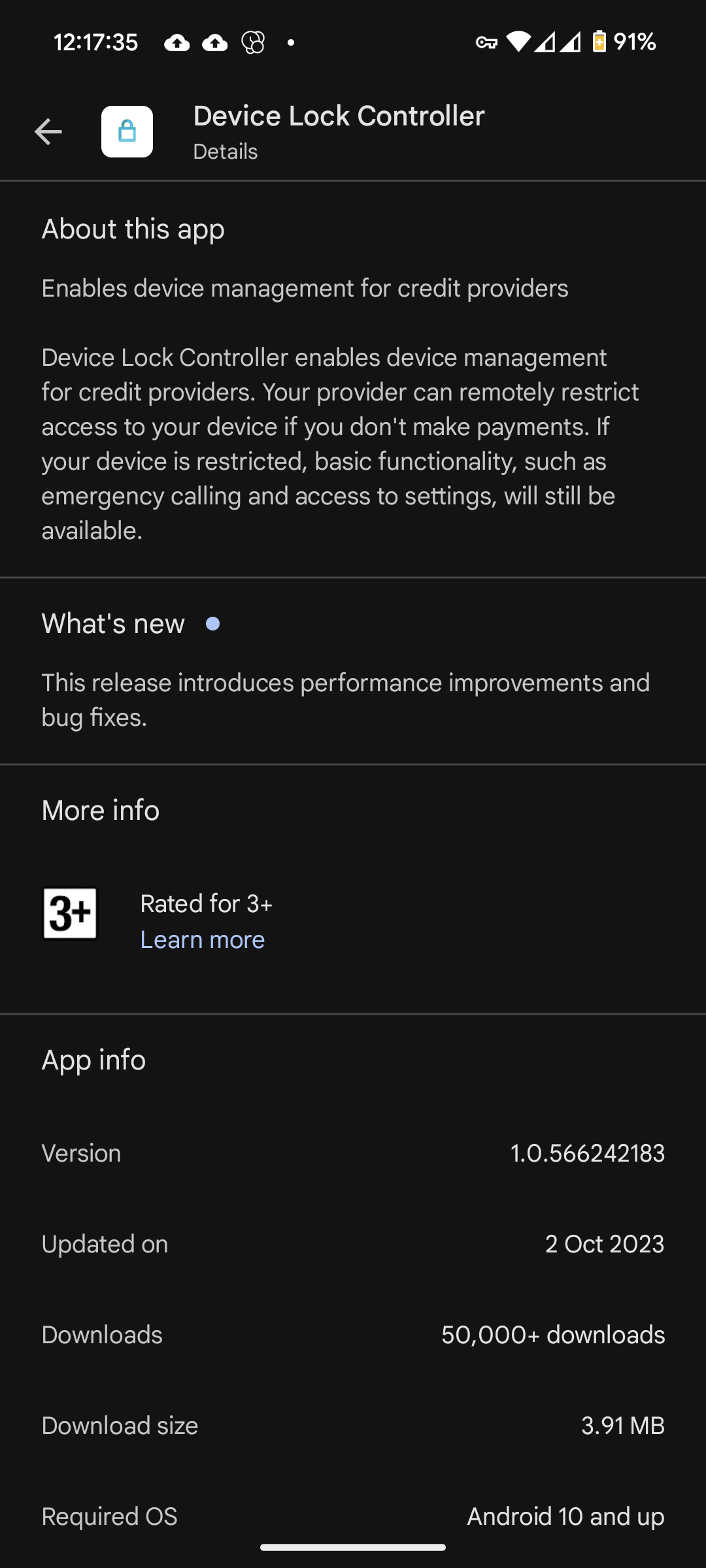this post was submitted on 21 Mar 2024
1133 points (97.3% liked)
Privacy
33554 readers
235 users here now
A place to discuss privacy and freedom in the digital world.
Privacy has become a very important issue in modern society, with companies and governments constantly abusing their power, more and more people are waking up to the importance of digital privacy.
In this community everyone is welcome to post links and discuss topics related to privacy.
Some Rules
- Posting a link to a website containing tracking isn't great, if contents of the website are behind a paywall maybe copy them into the post
- Don't promote proprietary software
- Try to keep things on topic
- If you have a question, please try searching for previous discussions, maybe it has already been answered
- Reposts are fine, but should have at least a couple of weeks in between so that the post can reach a new audience
- Be nice :)
Related communities
much thanks to @gary_host_laptop for the logo design :)
founded 5 years ago
MODERATORS
you are viewing a single comment's thread
view the rest of the comments
view the rest of the comments

Of course! I hope you didn't read my comment as hostile. I read yours as sort of a devil's advocate type of argument and was just trying to point out the logical flaws in it. I'm glad that you didn't hesitate to voice a contrary opinion. The points that you raise are interesting... and it's always good to consider both sides of the argument, even because it just helps us hone our own arguments. You could certainly argue that this is just another enforcement mechanism. It's just that it comes with a lot of unintended consequences, which most people will overlook, and they'll inevitably be used in ways that we didn't anticipate, long after the fact that these kinds of mechanisms become commonplace.
Regarding the reduced cost of lending: sure, in theory they could lower the prices. In practicality, will it? Any time we see cost-reducing developments, it usually ends up resulting in higher profits for the vendors moreso than better competition and lower prices for consumers. Look at how car manufacturers are just letting electric vehicles sit in their lots because they refuse to accept what buyers are willing to pay. The corporate types really, really hate to lower prices on anything for any reason. So I would be surprised to see something like that happen, even though it's still theoretically possible....